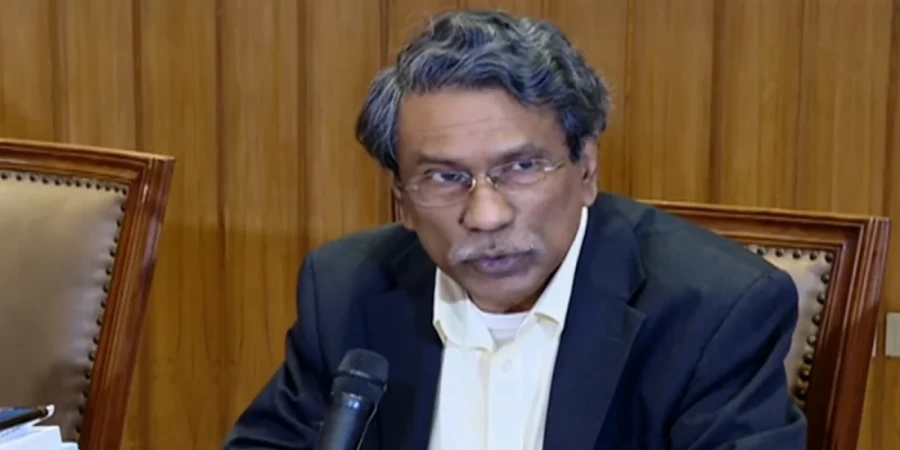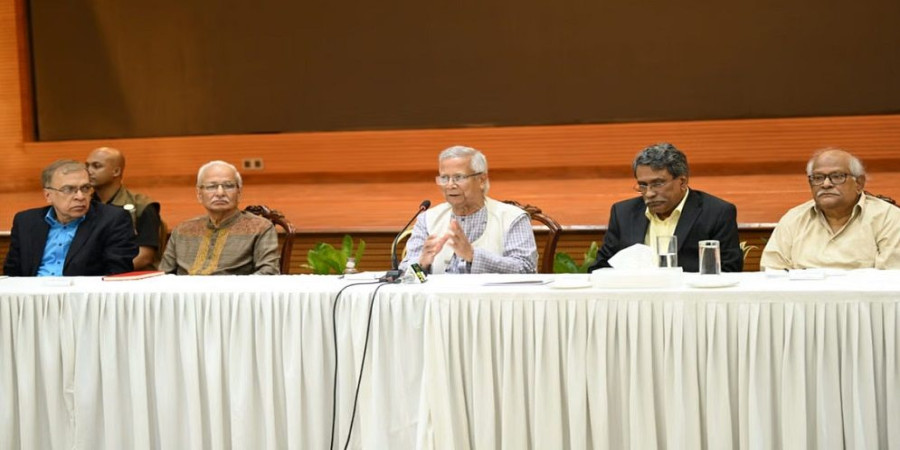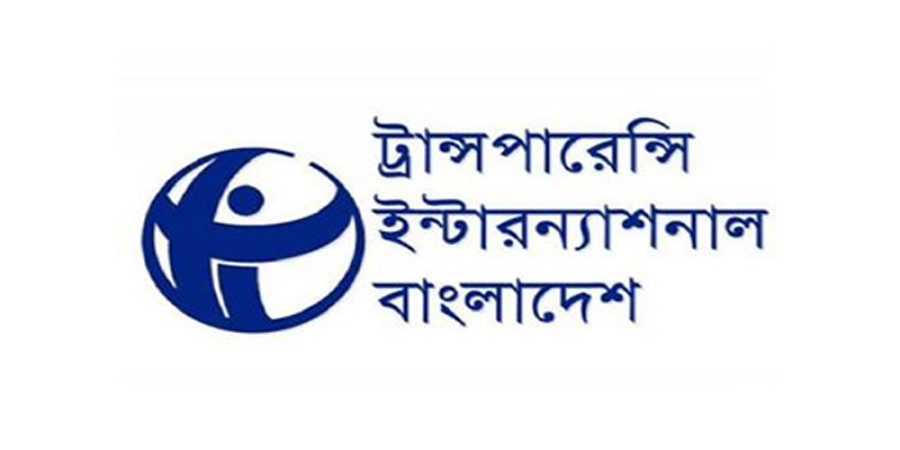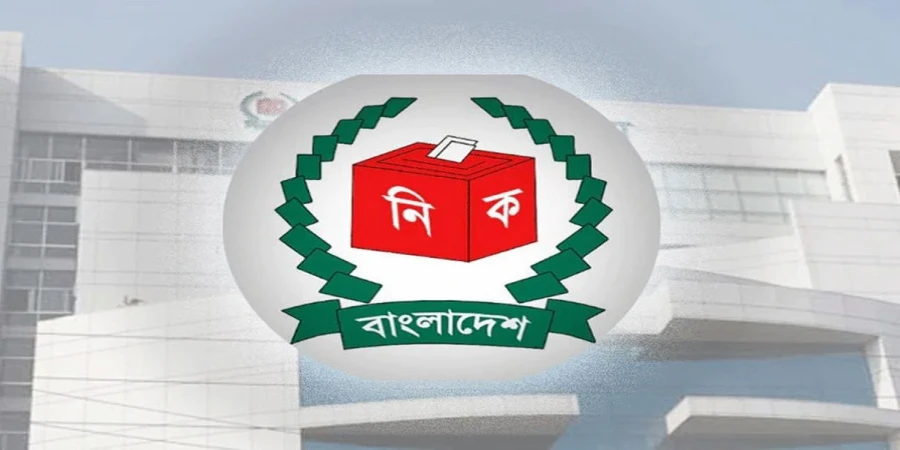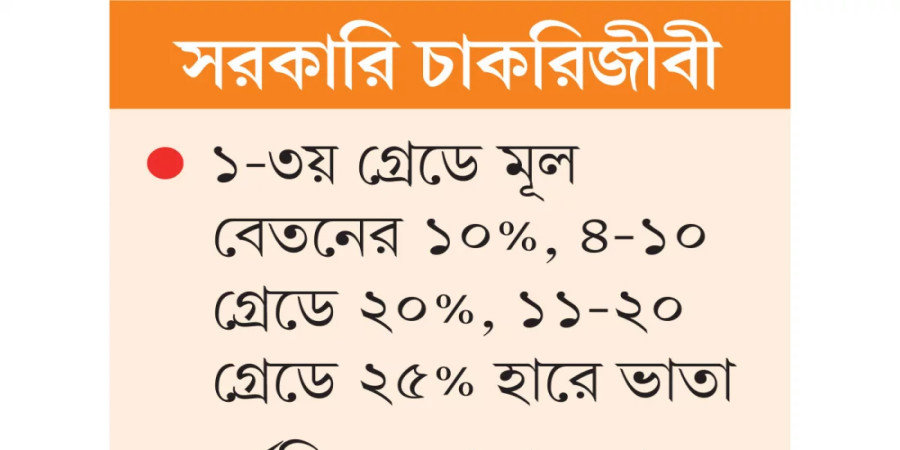
ছবি: Photo: Collected
The government is set to announce dearness allowances of up to 25% for public servants, marking the first time the allowance will be distributed based on employment grades. Lower-grade employees will receive higher percentages, while higher-grade officials will get lower rates. A draft proposal prepared by the Ministry of Finance is awaiting approval from the Chief Adviser.
According to the proposal, employees in grades 1 to 3 will receive an allowance equal to 10% of their basic salary. Those in grades 4 to 10 will be entitled to 20%, while employees in grades 11 to 20 will receive 25%. This adjustment will increase monthly salaries by a minimum of 4,000 BDT and up to 7,800 BDT. To offset the implementation of this new allowance, the previously granted 5% special incentive will be discontinued.
Finance Ministry officials have confirmed that pensioners will also be entitled to the dearness allowance. The new policy aims to address the increasing cost of living, aligning with public servants’ long-standing demand for inflation-adjusted salaries.
Funding Challenges and Budget Adjustments
To implement this allowance, the Finance Ministry has proposed reallocating funds from the development budget. Officials emphasized the difficulty of reducing expenditure under the revenue budget. Consequently, increased salaries and allowances will largely depend on curtailing funds for development projects.
If the proposal is approved, the allowance will be effective from February 2025, enabling employees to receive the increment with their February salary. This timeline aligns with recent assurances by Senior Secretary of the Ministry of Public Administration, Mokhlesur Rahman, who stated that the allowance would be announced within the current fiscal year, which ends on June 30, 2025.
Inflation and the Push for Dearness Allowances
The government last revised public sector salaries with the 2015 national pay scale. Since then, rising inflation and the escalating costs of essential commodities have intensified demands for salary adjustments. Public servants have consistently called for an inflation-responsive dearness allowance to alleviate financial strain.
In response to these demands, the interim government formed a committee to assess the feasibility of introducing such an allowance. The committee’s mandate included evaluating eligibility criteria and proposing recommendations, which led to the current proposal.
Historically, the government announces a new pay scale every five years, but no revisions have occurred since 2015 due to economic constraints. Former Governor of Bangladesh Bank and Chairman of the last Pay Commission, Farashuddin, previously recommended forming a salary commission instead of introducing a new pay scale. However, these recommendations were not implemented by the previous administration.
Scope of the Allowance
Approximately 1.4 million employees across various ministries, departments, autonomous institutions, and corporations stand to benefit from the proposed dearness allowance. The current fiscal budget allocates 81,580 crore BDT for public servant salaries, excluding any provision for the allowance. The Finance Ministry intends to accommodate the additional costs by adjusting other operational budget segments.
Senior officials have also confirmed that retired government employees receiving pensions will qualify for the allowance. Pensioners’ dearness allowances will be calculated similarly to those of active employees, providing much-needed relief to retired personnel.
Previous Allowances and Public Reactions
The government last introduced a dearness allowance in 2013, providing a 20% increase in basic pay. This adjustment raised monthly salaries by 1,300 to 6,000 BDT, depending on grade. However, subsequent pay scale revisions in 2015 effectively rendered the allowance obsolete as salaries were increased by up to 100%.
Public reactions to salary and allowance adjustments are often mixed. While government employees benefit directly, private-sector employees and the general population do not receive similar support. This disparity can amplify economic challenges for ordinary citizens, as higher public sector wages often influence market conditions.
Administrative Steps and Future Outlook
The Ministry of Public Administration has held two meetings on dearness allowances and confirmed its implementation for both current employees and retirees. Allowances will be integrated with basic salaries during annual increments. This ensures that employees’ earnings remain inflation-adjusted in the long term.
The government’s decision to distribute allowances based on employment grades has been praised as a balanced approach to supporting lower-income public servants. However, experts note that the reallocation of development funds to finance this initiative may slow progress on critical infrastructure and development projects.
Looking forward, public servants continue to advocate for a new national pay scale to address rising living costs comprehensively. Until then, the dearness allowance is expected to provide interim relief to millions of government employees and retirees.
repoter



